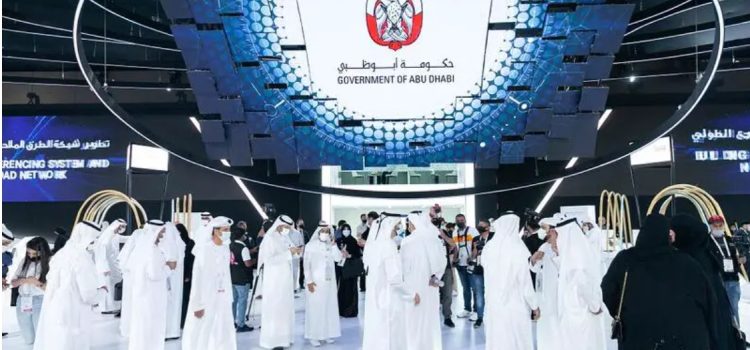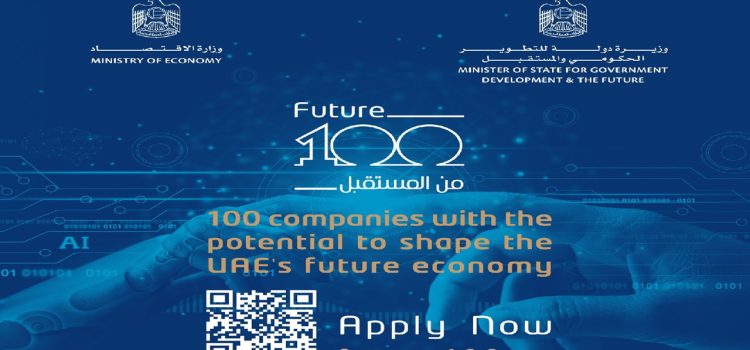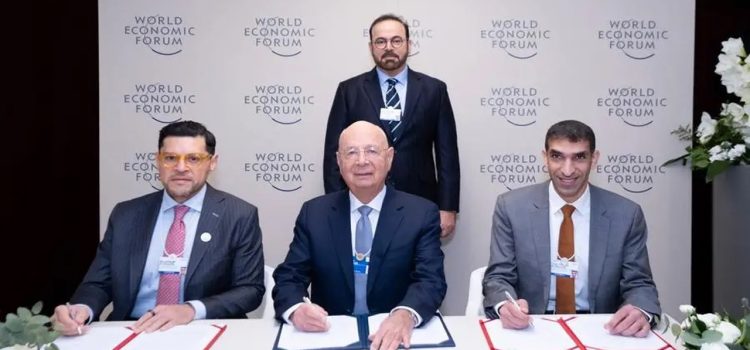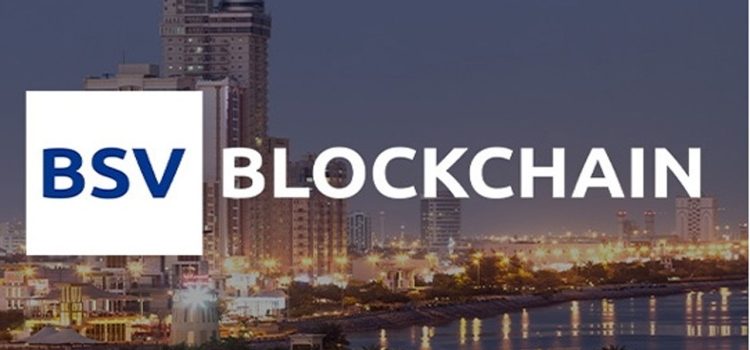
The UAE Blockchain enabled Verify platform, affiliated with the Telecommunications and Digital Government Regulatory Authority (TDRA), has issued over 21.789 million certified digital documents since its launch in mid-January 2022.
During the launch in 2022, H.E. Eng. Majed Sultan Al Mesmar, Director General of the Telecommunications and Digital Government Regulatory Authority, said: “With the launch of the “UAE Verify” platform, we take a new important step on the path of comprehensive digital transformation using future technologies such as blockchain, which is the technical basis for the “UAE Verify” platform. We are happy about this platform, which was the result of intensive cooperation between TDRA and many government entities, that worked together in a team spirit to serve the higher goals of the UAE government. On this occasion, I can only commend the partners of the first phase of the platform, namely the Ministry of Interior, the Ministry of Education, the Ministry of Health and Prevention, the Ministry of Justice, the Ministry of Community Development, the Ministry of Climate Change and Environment, the General Authority of Civil Aviation, the Federal Authority for Identity, Citizenship, Customs and Ports Security, and the Dubai Land Department. I extend thanks to the rest of the authorities that have expressed their willingness to participate in the development of the “UAE Verify” platform to serve all customers.”
As per the news post, TDRA introduced the UAE Verify platform to enable government and private entities to verify the authenticity of digital documents issued by government authorities on an immediate basis and without the need for original hard copy or true copy.
The TDRA Blockchain platform continues to play a vital role in advancing the UAE’s comprehensive digital transformation. It now supports verification for 55 types of digital documents, issued by 22 federal and local government entities. Verification can be done instantly without the need to review the content of the document, or examining the original hard copy or its true copy. Users can convert their documents to trusted digital documents with a high level of privacy and security. Check how you can obtain, verify and validate a trusted digital document.
UAE Verify employs blockchain technology, which helps regulate data and digital documents, verify authenticity, facilitate information sharing and ensure privacy protection. The platform enables users to convert their documents into authenticated digital versions with high levels of privacy and security.
In 2023, the UAE Ministry of Education (MoE) launched the blockchain enabled “automated attestation” service to make it easier for university graduates to get their certificates verified quickly. All attested university certificates will be provided through the blockchain-powered UAE Pass app, in cooperation with the Telecommunications and Digital Government Regulatory Authority (TDRA), enabling students to access their attested certificates in a faster and more reliable manner.












